A kind of ten-best meditation for Artforum, December 1995 (vol. 34, issue 4), that anticipates some of my arguments in my subsequent book Movie Wars: How Hollywood and the Media Limit What Films We Can See. Incidentally, I’ve since then come to value Showgirls (and, more generally, Paul Verhoeven) far more than I did 25 years ago, politically and otherwise. — J.R.
In October I compiled three lists for my own schizoid edification. The first consisted of the 50 best films I had seen this year at festivals in Berlin, Cannes, Locarno, and Toronto and as a member of the New York Film Festival selection committee (which entailed a screening of 100 more films in August). The second was my impression of what comprised the 50 most discussed films released in the United States this year; my third list was a selection of what I considered the 20 most important releases, whether they were widely discussed or not. Only one feature appears on all three lists — Todd Haynes’ Safe.
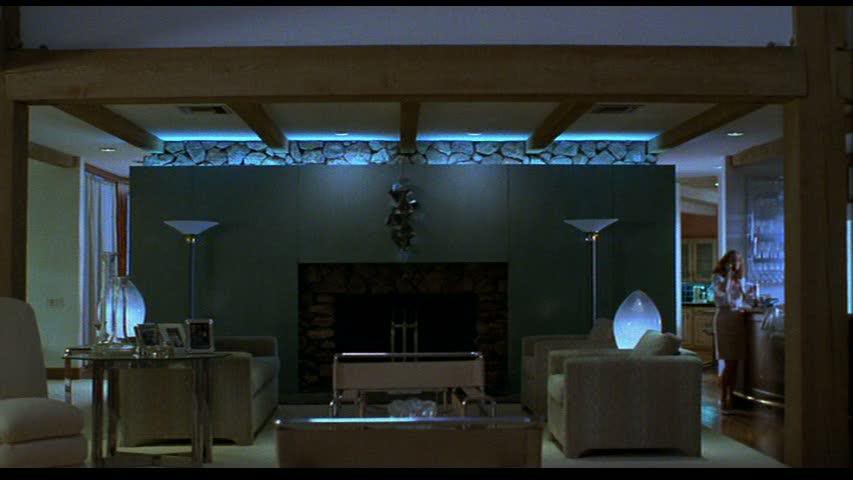
One reason for the lack of overlap between my three lists is that, unless it’s a big-studio product, a film usually takes at least a year to open commercially in the United States after its premiere at festivals, ensuring that we remain something of a last-stop backwater when it comes to most non-Hollywood movies. Read more
From the Chicago Reader (January 27, 1989). — J.R.
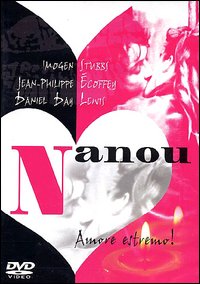
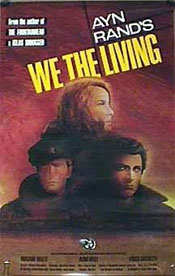
NANOU
** (Worth seeing)
Directed and written by Conny Templeman
With Imogen Stubbs, Jean-Philippe Ecoffey, Christophe Lidon, Valentine Pelka, Roger Ibanez, Daniel Day Lewis, and Lou Castel.
WE THE LIVING
*** (A must-see)
Directed by Goffredo Alessandrini
Written by Anton Giulio Majano
With Alida Valli, Rossano Brazzi, Fosco Giachetti, Emilio Cigoli, Cesarina Gheraldi, Giovanni Grasso, and Guglielmo Sinaz.
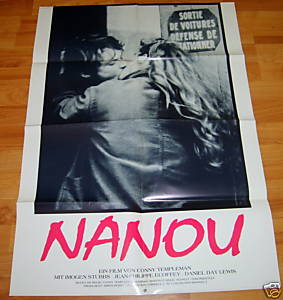
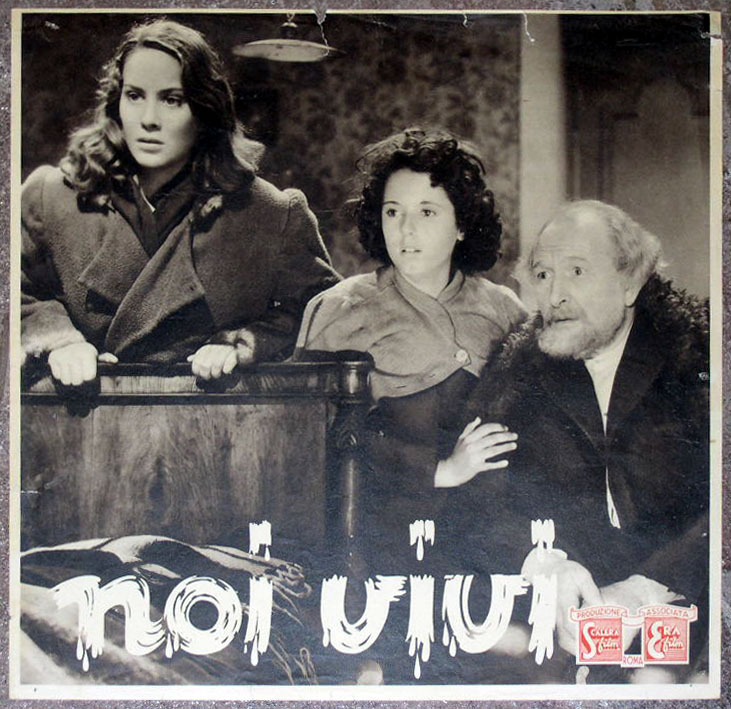
There’s obviously a world of difference between Nanou, a low-budget Anglo-French coproduction of 1986, playing this week at the Film Center, and We the Living, a big-budget Italian movie of 1942, adapted from Ayn Rand’s first novel, playing this week at Facets Multimedia. But in certain areas they have an interesting relationship to one another. Both films come to us filtered through diverse national contexts, and both are love stories in which intense political commitment plays a substantial role — a role that is erotic as well as ideological and ethical in its implications. Where they differ most strikingly is in their underlying political assumptions, and in the way their narratives relate to those assumptions.
Nanou, shot entirely on locations in France and Switzerland and utilizing mainly French dialogue, is nonetheless an English film, in style as well as overall conception. Read more
From the June 11, 1999 Chicago Reader. — J.R.
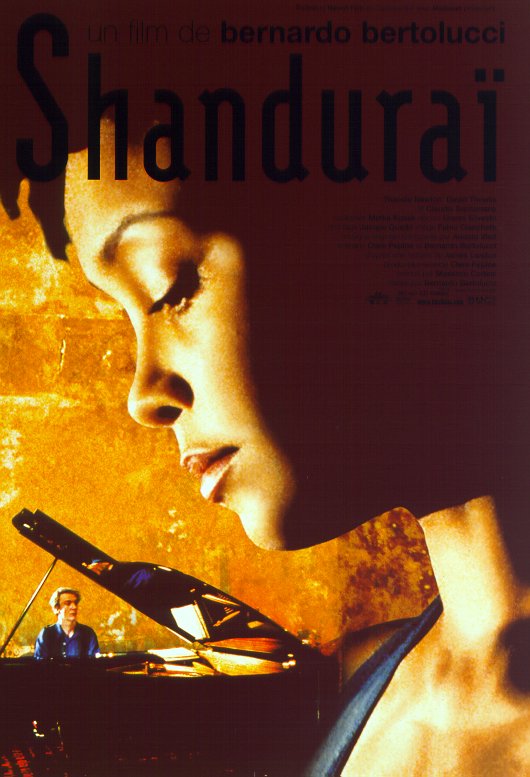
Besieged
Rating **** Masterpiece
Directed by Bernardo Bertolucci
Written by Bertolucci and Clare Peploe
With Thandie Newton, David Thewlis, and Claudio Santamaria.
By Jonathan Rosenbaum
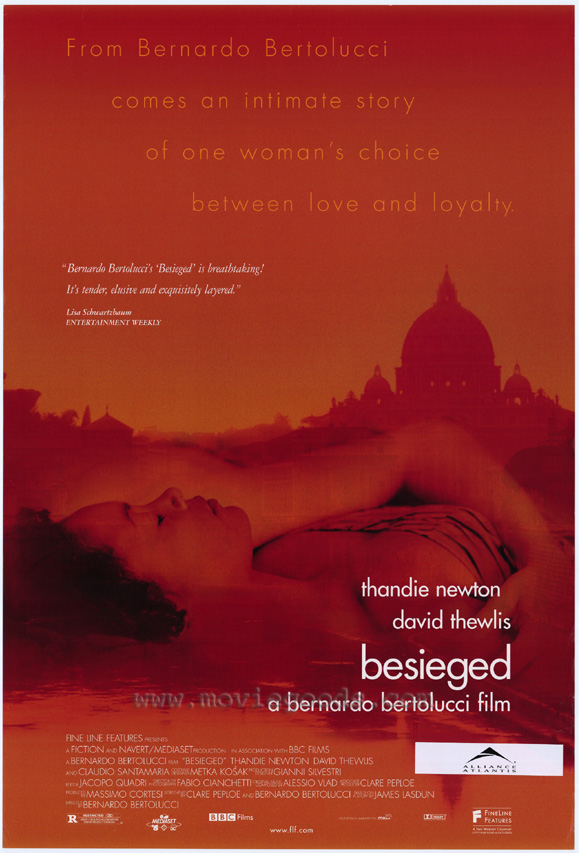
Many times over the past three decades I’ve been close to giving up on Bernardo Bertolucci. The rapturous lift of his second feature, Before the Revolution (1964), promised more than he seemed prepared to deliver with the eclectic Partner (1968). Yet it was The Spider’s Stratagem (1970) rather than The Conformist (made just afterward and released the same year) that renewed my faith in his talent. Both movies, like Before the Revolution and Partner, were the flamboyant expressions of a guilt-ridden leftist, a spoiled rich kid with a baroque imagination and a social conscience that yielded dark and decadent ideas about privilege and guiltless fancies about sex. Where they differed for me was in the degree to which The Conformist succumbed to fashionable embroidery, a stylishness that took the place of style.
It was the relatively big budget The Conformist, an adaptation of an Alberto Moravia novel, that made Bertolucci’s name in the world market and so influenced American movies that Coppola’s Godfather trilogy would have been inconceivable without it. Read more







